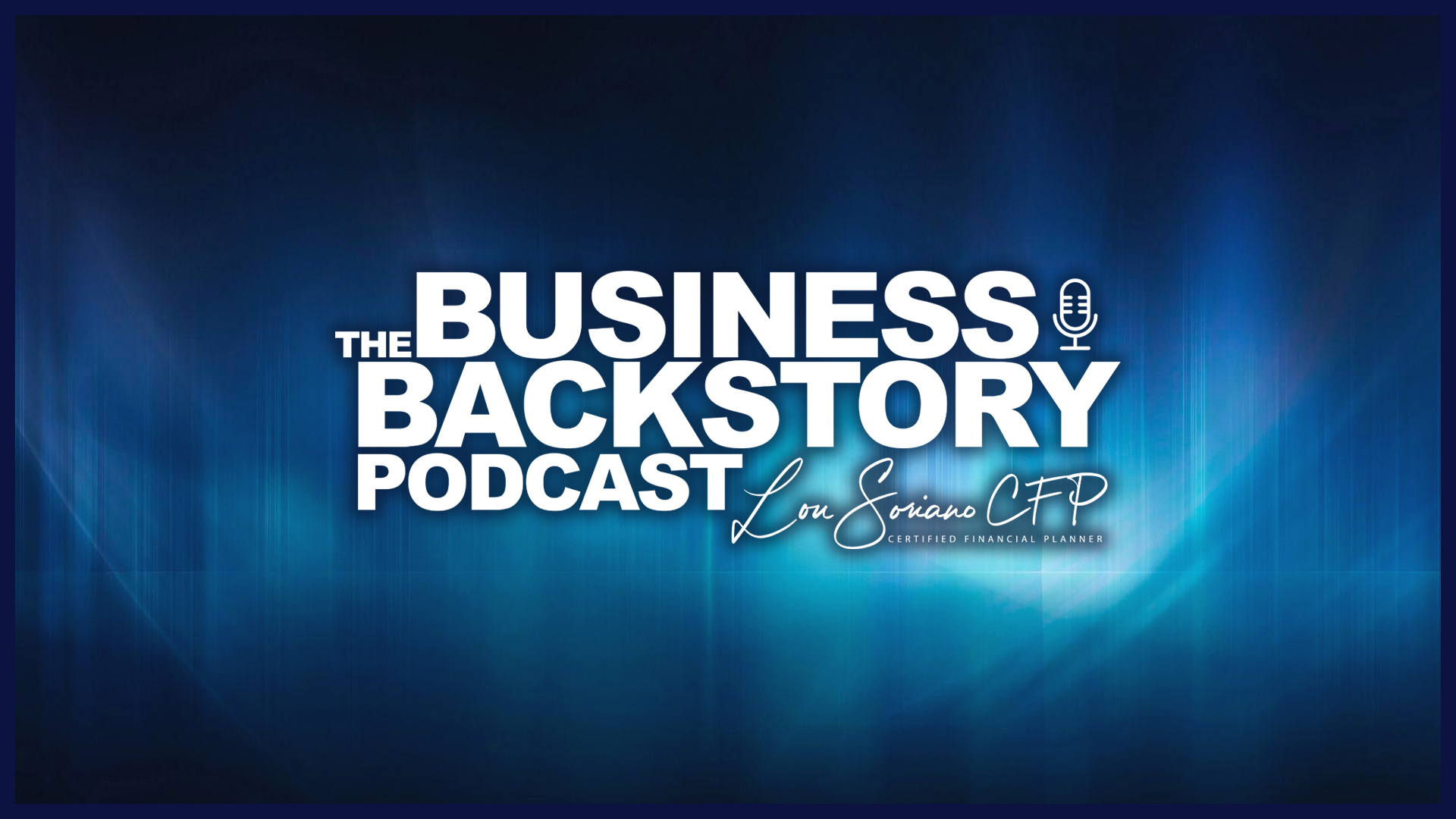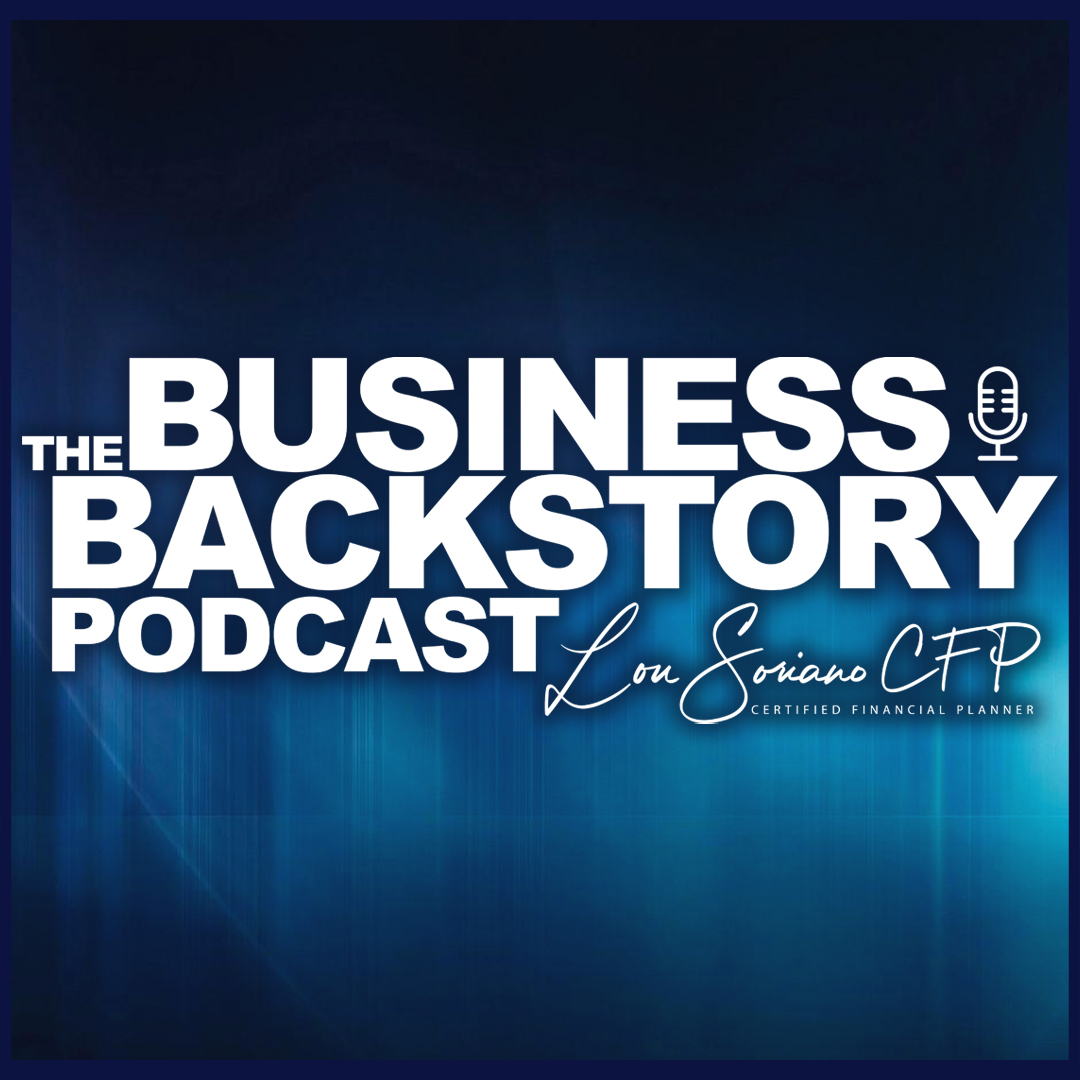
March 2020
4 Min Read
Technology in Business for 2020 and Beyond
Each passing decade pushes technology higher up on the food chain within businesses large and small. Traditionally speaking, the end-users are coined as consumers. We consume pieces of technology to do our jobs and run our companies whether a physical machine, piece of software or online service. The varying dependence on these should one go down or two become inaccessible which could put all operations at a standstill. These vital components have created the always-on culture that seemingly became normality overnight. One might argue that technology consumes us.
There is an idea that nearly any business formed within the last decade might be a technology startup that provides a product or service. While we might reserve this association with venture capital and Silicon Valley, this concept isn’t reserved for lofty valuation dreams. There are a few simple questions that can be asked which would apply to anything from a hardware store to the next great IPO.
- What is your primary form of communication both internally and externally?
- Do you require access to the internet?
- What happens to your business should one of these become unavailable?
Running with the hardware store model, e-mail is probably used to communicate with vendors for quotes, purchases, and payments, but also possibly employees and customers. Accepting credit cards likely means there is a payment processing system that requires internet access. Taking it a step further, there might be a website for online ordering and social media marketing. There might even be some form of digital storage of inventory, customer records, and security cameras. This isn’t to say that one couldn’t open a hardware store in 2020 operating in only snail mail, paper, and cash. But that’s a disadvantage that needs no explanation.
This might not sound like something you would hear pitched for a round of funding, but the reality is that it’s all the same technology just scaled down. This reverse thinking is only now being realized and acted upon. According to Yahoo, in 2019 alone, BNY Mellon has spent and will exceed $3bn in their technology. This is one of the oldest financial businesses in America with a global presence, thousands of employees, and billions of dollars in assets. It’s almost shocking to read that a business with resources available would be that far behind and publicly acknowledge the impact it’s having on them.
The shift in thinking about technology from a business perspective has taken on new meaning. This mindset can be rooted in the day 1 foundation of any business. Existing companies can always adjust if it’s being driven from the top down. As an underlying theme, adoption and progression of technology will ultimately be a lasting success.




















































